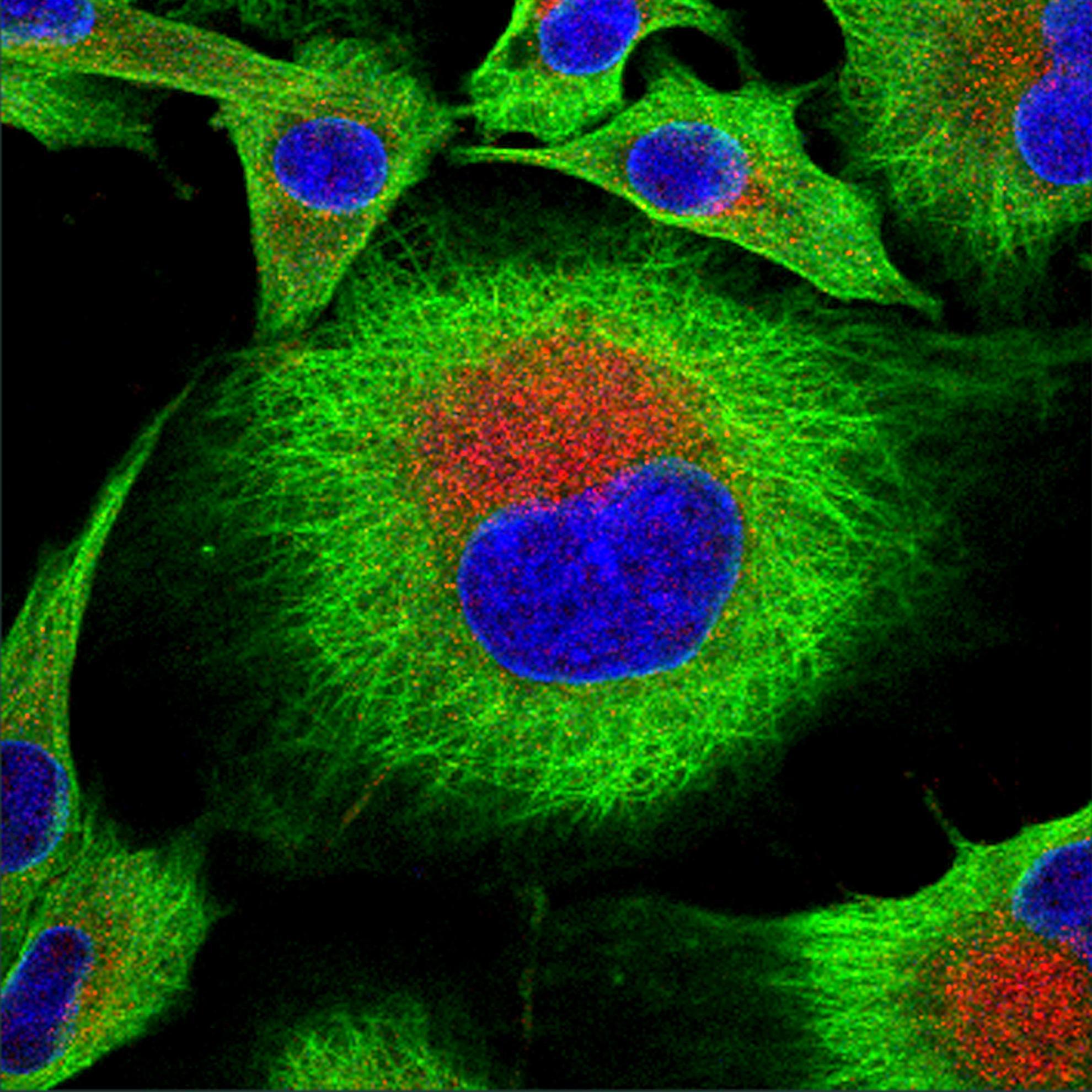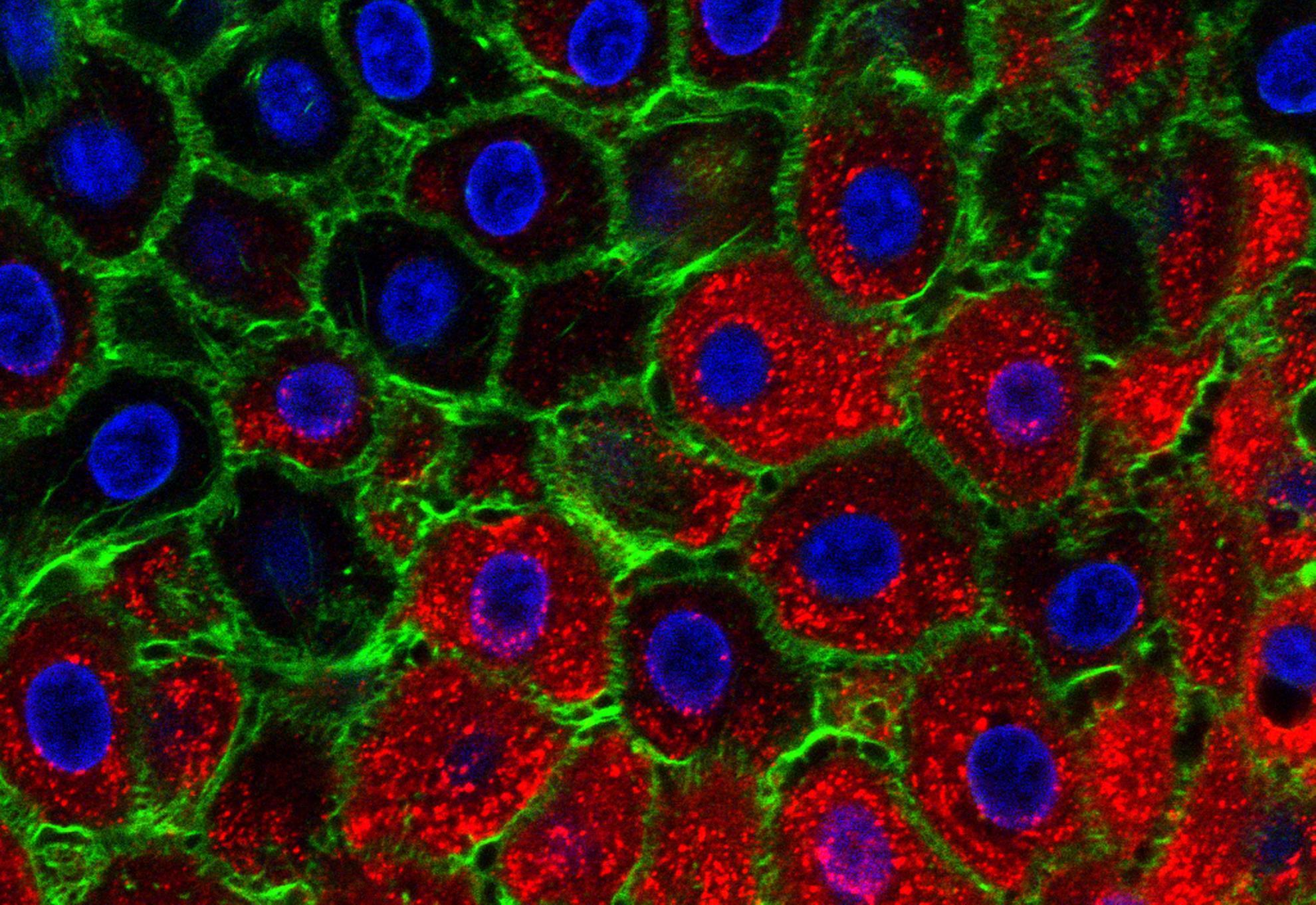SAT2 foot-and-mouth disease virus (FMDV) structurally modified for increased thermostability
Foot-and-mouth disease virus (FMDV) is notoriously unstable, particularly the O and SAT serotypes. Consequently, vaccines derived from heat-labile SAT viruses have been linked to the induction of poor duration immunity and hence require more frequent vaccinations to ensure protection. In-silico calculations predicted residue substitutions that would increase interactions at the inter-pentameric interface supporting increased stability. We assessed the stability of the 18 recombinant mutant viruses for their growth kinetics; antigenicity; plaque morphology; genetic stability; temperature, ionic and pH stability using the thermofluor and inactivation assays, in order to evaluate potential SAT2 vaccine candidates with improved stability. The most stable mutation was the single mutant S2093Y for temperature and pH stability, whilst other promising single mutants were E3198A, L2094V,S2093H and the triple mutant F2062Y-H2087M-H3143V. Although the S2093Y mutant had the greatest stability it exhibited smaller plaques; a reduced growth rate; a change in a monoclonal antibody footprint, and poor genetic stability properties compared to the wild-type virus. However, these factors affecting production can be overcome. The addition of 1M NaCl salt was found to further increase the stability of the SAT2 panel of viruses. The S2093Y and S2093H mutants were selected for future use in stabilising SAT2 vaccines.IMPORTANCE Foot-and-mouth disease virus (FMDV) causes a highly contagious acute vesicular disease in cloven-hoofed livestock and wildlife. The control of the disease by vaccination is essential, especially at livestock-wildlife interfaces. The instability of serotypes such as SAT2 affects the quality of the vaccine and therefore the duration of immunity. We have shown that by mutating residues at the capsid interface through predictive modelling we can improve the stability of SAT2 viruses. This is an important finding for the potential use of such mutants in improving the stability of SAT2 vaccines in endemic countries that rely heavily on the maintenance of the cold-chain, with potential improvement to the duration of immune responses.

